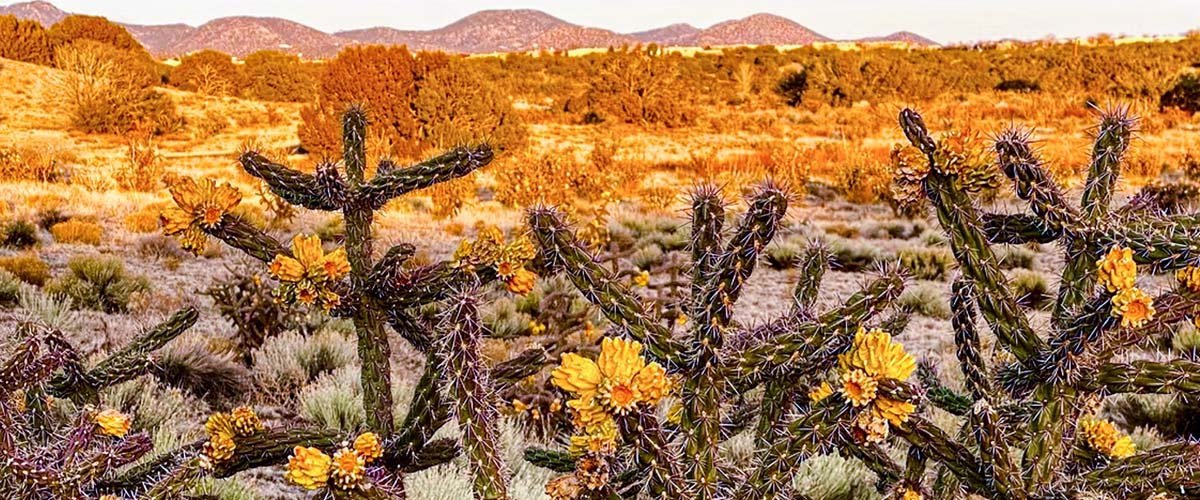An agreement has been reached between two New Mexico tribal nations and state officials, which acknowledges the tribal authority to collect taxes on the sale of cannabis products. These agreements ensure participating tribal nations will benefit from New Mexico’s newly founded recreational cannabis industry.
The Pojoaque and Picuris nations in New Mexico signed an agreement, announced May 19, to collect taxes on local cannabis product sales sold on sovereign territory. The action formalizes the Pojoaque and Picuris pueblos’ prospective engagement in the cannabis market.
Pojoaque Governor Jenelle Roybal has noted that the legalization of cannabis presents an exciting new chance to diversify the state’s economic growth. “Revenues from a Pueblo cannabis enterprise will support tribal nation governmental programs and the surrounding community.”
The sale of marijuana for recreational use became legal in New Mexico on April 1. The first day of recreational cannabis sales brought in roughly $2 million.
According to Charlie Moore, a spokesperson for the state’s Taxation and Revenue Department, the agreement suggests that cannabis products may now be sold by the Pueblo’s and taxed by the tribal nations in the same manner that cigarettes and gasoline are marketed and taxed in the present day. This is in contrast to how the situation currently stands. A 12% state tax would not be applied on cannabis products purchased on tribal land.
Governor Lujan Grisham states, “the economic opportunities provided by the recreational and medical cannabis industries are truly game-changing, and sovereign tribal nations should benefit alongside the state.” She continues to say, “the Pueblo of Pojoaque and the Pueblo of Picuris will benefit from this exciting new industry, which is projected to bring $300 million in sales annually and create 11,000 jobs in New Mexico.”
As a result of this agreement, these two tribal nations will be able to participate in the cannabis industry in ways that are good to community health and public safety. Additionally, the potential for market growth across many jurisdictions will be maximized.
Taxation and Revenue Secretary Stephanie Schardin Clarke stated that New Mexico has a strong history of collaborating with tribes to efficiently administer taxes while recognizing tribal sovereignty and the limitations of state authority on tribal lands. “New Mexico has a strong history of collaborating with tribes to efficiently administer taxes,” she said.
Cannabis remains illegal at the federal level. In 2018, federal agents destroyed medicinal marijuana plants in Picuris Pueblo, which had been licensed for medical use. Intergovernmental agreements (IGAs), such as those announced last week, preclude federal law enforcement action on tribal grounds if the communities wish to to engage in the adult-use recreational cannabis market in New Mexico.



